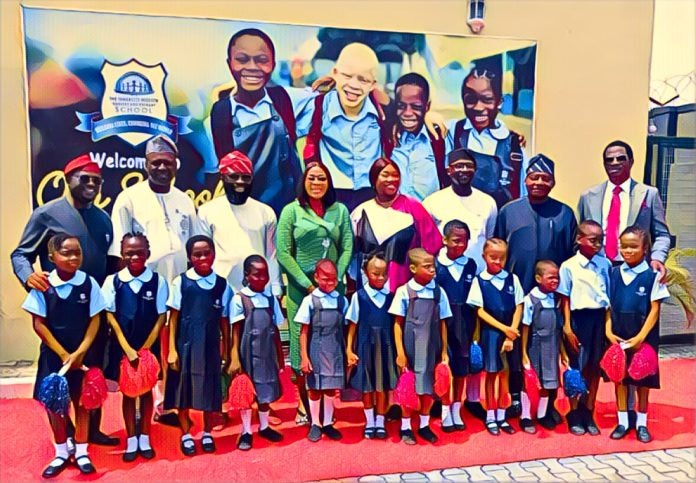KEY POINTS
-
Stakeholders seek tax relief on anti-poverty initiatives.
-
Pastor Titus Temisan calls for legislative incentives to fight hunger.
-
Lawmakers pledge support for community-based education programmes.
The Federal Government has been urged to establish a structured tax relief system supporting investments in education, healthcare, food security, and poverty alleviation.
The proposal emerged during the InnerCity Mission Global Roundtable Conference on Developing Local Humanitarian Solutions to Global Challenges, which was recently held in Lagos. The conference was organised to commemorate World Food Day and the International Day for the Eradication of Poverty, which are observed globally in October.
Faith leaders have appealed for the introduction of tax incentives that would encourage humanitarian and anti-poverty efforts across Nigerian communities.
Faith leaders seek tax relief for anti-poverty organisations
Pastor Titus Temisan, a senior leader at Christ Embassy representing Pastor Chris Oyakhilome, made the appeal during his presentation. He emphasised the urgent need for government policies that reward compassion-driven investments and sustained social impact programmes nationwide.
Temisan stated that while poverty might never be completely eradicated, its impact could be significantly reduced through collective effort. He further noted that supportive legislation and structured incentives would inspire more individuals and organisations to invest in community development.
“Education remains the most effective tool against poverty, next to the gospel,” he said. “If a person or organisation builds a school, funds scholarships, or distributes food to thousands, such gestures should attract tax rebates, as seen in many developed economies.” He urged federal and state governments to adopt similar incentives to encourage greater social responsibility.
Lawmakers praise faith-based humanitarian impact
Temisan’s remarks drew support from three National Assembly members who attended the event and toured the Mission’s humanitarian facilities. The facilities include a school and a food bank that serve vulnerable children from impoverished and underserved communities across the country.
The legislators commended the scale and efficiency of the InnerCity Mission’s work in providing consistent, holistic support to vulnerable children. They praised its provision of free education, daily meals, uniforms, shoes, and books for children rescued from destitution and neglect.
Representative Dumnamene Dekor, chairman of the House Committee on Host Communities, described the initiative as a remarkable act of compassion. He announced his personal commitment to donate his six months’ salary to the programme in recognition of its inspiring community impact.
Dekor added that the project should serve as a credible model for government-driven social interventions aimed at empowering vulnerable communities.
Expanding collaboration under the tax relief initiative
According to Punch, Dekor added that he plans to partner with the Mission through the Host Communities Development Trusts established under the Petroleum Industry Act to replicate its model of community-based education and welfare support. He revealed that more than 120 development trusts exist nationwide, with some already holding as much as ₦10 million.
“We’ll work with them to redirect part of those funds toward education and humanitarian projects like this,” he said. “True leadership isn’t just about building roads or hospitals. It’s about restoring hope, dignity, and opportunity for people who’ve been forgotten.”
Temisan reiterated that faith-based groups and private organisations can do even more if backed by strong legislative frameworks such as tax relief for anti-poverty organisations. He called for long-term partnerships between government, business, and humanitarian agencies to confront Nigeria’s persistent poverty and hunger challenges.



